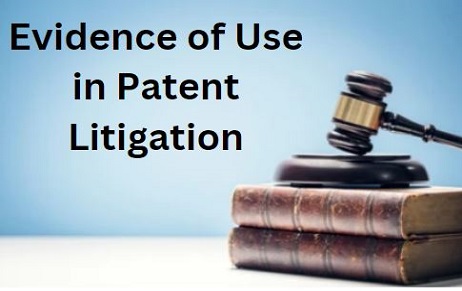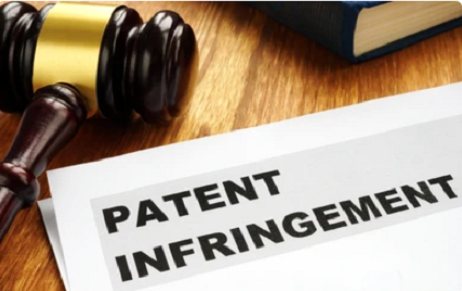All over the world today businesses strive for growth by maintaining a competitive edge in…
Sun Pharmaceuticals v. Eli Lilly: Doctrine of Obviousness-Type Double Patenting
A remarkable latest change in the Patentability has risen from the decision of the Federal Circuit in the case Sun Pharmaceuticals v. Eli Lilly, over the later’s patent that claimed the use of gemcitabine (GEMZAR), a drug to treat cancer. Sun Pharma moved to lower court to invalidate this patent on the grounds of obviousness-type double patenting. It stated that Lilly had already got patent rights for the drug and its antiviral usage (expiry date 15 May, 2010), and thus can not file for separate set of patent rights for the same drug as anticancer treatment. The new patent had given Lilly an extended monopoly for 2.5 yrs over gemcitabine. After BIO’s amicus brief, Lilly has requested the Federal Circuit for en banc reconsideration.
Story Behind the case:
A Lilly scientist invented a method to synthesize a genus of chemical compounds including gemcitabine and showed its antiviral activites in 1980s, for which the company got patent rights till May 15, 2010. Shortly after this, they also discovered anticancer activities of the same compound, and a second application was filed, but this one did not claim priority to the first application. All was smooth until the next decision taken by Lilly, of filing a CIP of the first application in order to add onto the definition of the disclosed genus of compounds. What must have been done in good faith, ended up in loss to Eli Lilly, as Sun put forward the disclosure of anticancer activity added to the first patent through the CIP application as the basis to invalidate the second patent on grounds of obviousness type double patenting.
The expansions of obviousness type double patenting:
A two-step process has been established by the Federal Circuit to analyze obviousness type double patenting. Step1- the court interprets the claims of original patent and those of the second patent. Step2- to determine if those differences make the claim’s patentably distinct.
Now, analysis for obviousness under section 103 becomes distinct from obviousness type double patenting in a way that in the later only the claims of the two patents are to be considered. (General Foods v. Studiengesellschaft Kohle, 1992). However, ten years later in 2002 Geneva v. GSK, Federal Circuit started using the description of the original patent to invalidate the second patent, thus marking the expansion of the doctrine of obviousness type double patenting. The same was repeated yet again in 2007 in Pfizer v. Teva.
In the current Sun v. Lilly decision, the later went into trouble of obviousness type double patenting, due to its CIP filing for the original patent. The decision against Lilly has come opposite to the amended patent statute, 35 USC 103(c), which was brought about to encourage innovations and intra-company growth. The amendment stated that an invention by the company can not become a prior art to any of its own continued innovation made later on, thus giving protection to the company.
What should companies take note of in future:
The inventors should be clear on the repercussions of adding disclosure to a patent application, the details to be added in the disclosure, and the suitable time to invest in follow-on research. The best way would be to include only the minimum disclosure of methods to use the compounds so that it satisfies the utility requirement.
Author – Ms. Ritika Kishore,
Patent Consultant, IIPRD.
The Author of the Blog can be reached: [email protected].


